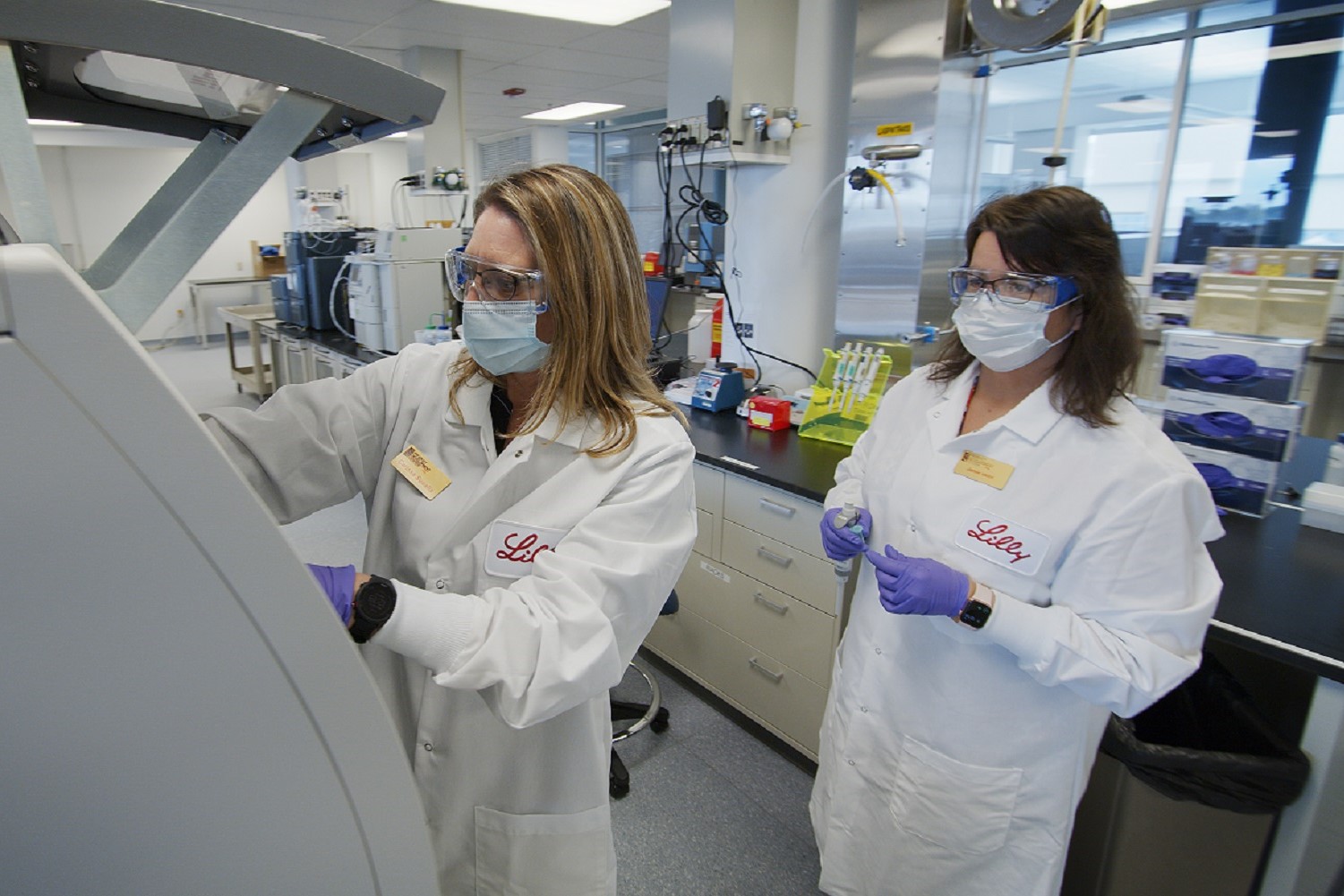The University of Minnesota has received a $51 million, five-year Clinical and Translational Science Award from the National Institutes of Health, the university announced Tuesday.
It is the largest ever NIH grant that was awarded exclusively to the university and won’t be shared with other institutions, said a University of Minnesota spokesman.
Through the award, the U of M joins a national consortium of institutions dedicated to joint efforts between universities and the community to quickly and efficiently transfer discoveries in labs to clinical trials that may then be translated into new treatments for patients. Currently, 58 other institutions are part of this national consortium.

With the Rise of AI, What IP Disputes in Healthcare Are Likely to Emerge?
Munck Wilson Mandala Partner Greg Howison shared his perspective on some of the legal ramifications around AI, IP, connected devices and the data they generate, in response to emailed questions.
The U of M beat institutions that had already received a CTSA grant before and had applied for refunding, which underscores how big this win was, said Dr. Aaron Friedman, vice president of health sciences at the university and the dean of its medical school.
The money will be devoted to researching five broad disease categories: diabetes, cancer, cardiology, neurological disorders and infectious diseases, Friedman said.
He added that being a part of the CTSA consortium will allow U researchers to share information and collaborate to tackle large healthcare questions. Because the grant is an infrastructure grant, it will help the U to quickly sponsor clinical trials.
A crucial element of the program is community engagement and Friedman said the U of M has to demonstrate how the money has been used to involve the larger community outside the U hospitals, clinics, as well as businesses. An annual report will need to be provided to the NIH that shows progress on clinical trials, community engagement and other aspects of the program, he said.
Depending on how successful they are, the NIH may choose to provide additional funding once this money is close to running out. But there are no guarantees. Friedman said that this time around, at least two other institutions that had applied to get the grant anew were rejected, while the U as a first-time applicant won the award.
Not surprisingly, various university officials were cheering this award.
“Successfully competing for the CTSA is a major victory for the University of Minnesota,” said President Robert H. Bruininks, in a statement. “This is just the latest example of the ways in which the extraordinary knowledge and productivity of our talented faculty and staff garner new resources, discover new knowledge, and develop real solutions to health concerns in Minnesota, across the nation, and around the world.”














